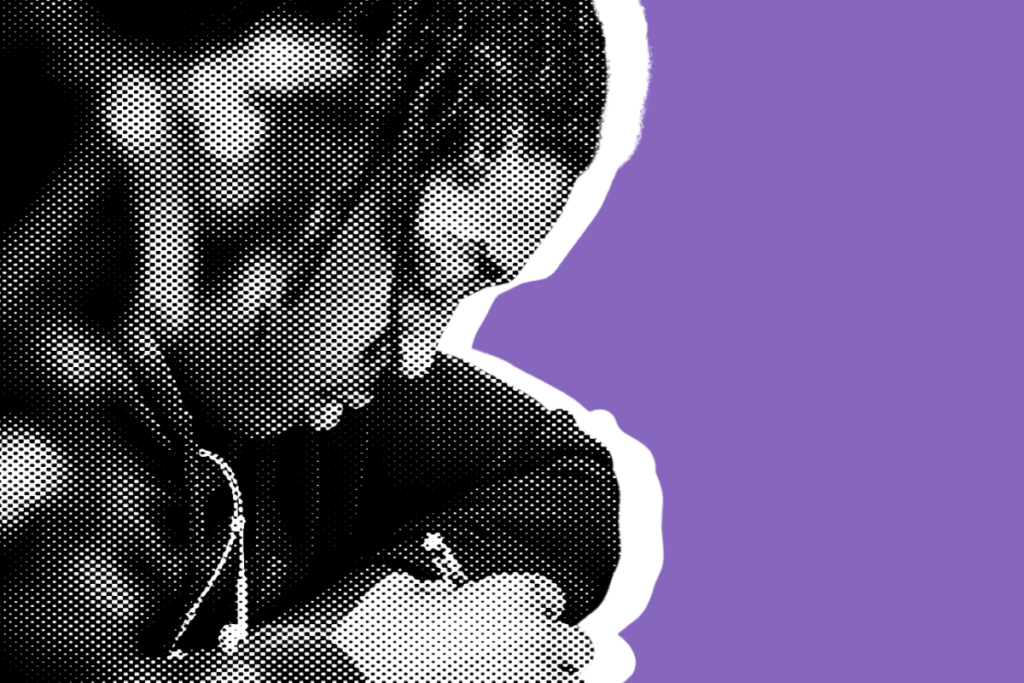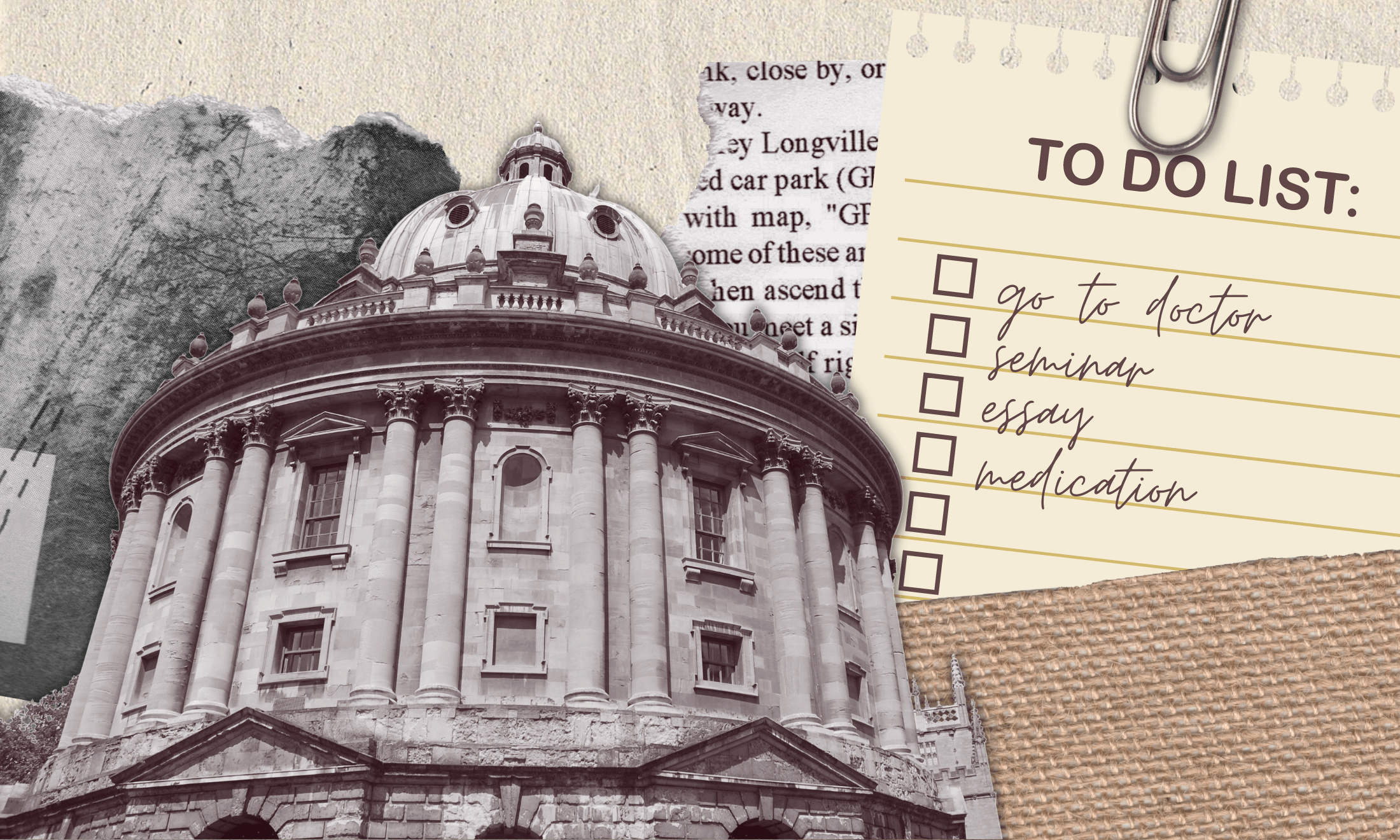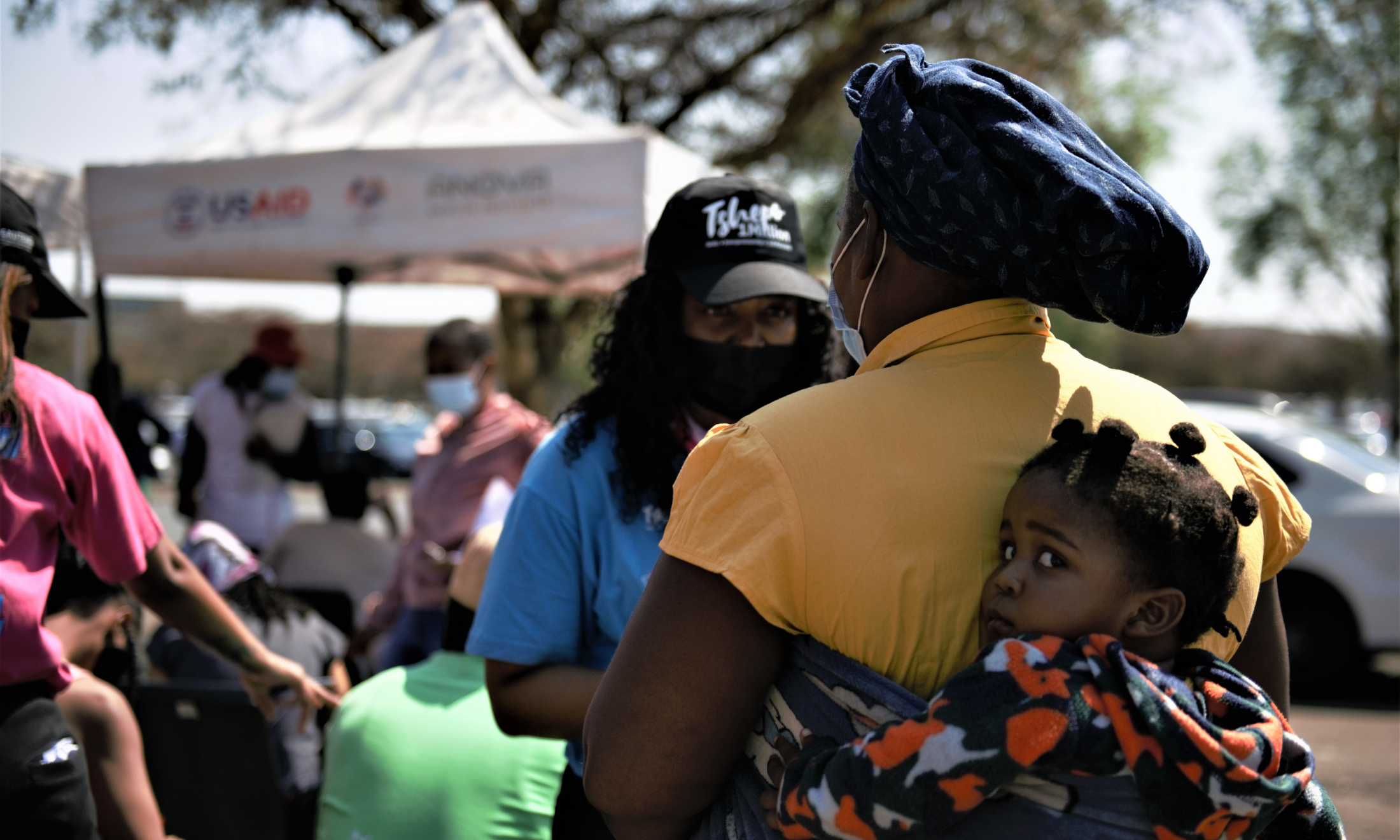
via Canva
How BTEC and other vocational students got left behind in the pandemic
When so many of them come from vulnerable communities, shouldn’t their health and wellbeing have been a priority for the government?
DiyoraShadijanova and Editors
11 Jan 2021
“The government simply doesn’t recognise us as being as important as A-level students,” says Fatima, an 18-year-old Applied Science student from Leicester. “There has always been a stigma revolving around BTECs and that it’s the ‘easier choice’ when this is simply not the case.”
When England entered its third national lockdown at the beginning of January, the government announced the scrapping of summer exams. Schools and colleges were forced to close their doors, except for vulnerable students and children of key workers. However, there was no mention of the 135,000 BTEC and other technical exams taking place in January in the prime minister’s address.
As Fatima illustrates, the story of how vocational students got left behind is much bigger than the recent chaos. Many feel like they’ve been forgotten in the English education system all the way through the pandemic because of the stigmas attached to doing vocational qualifications. So much so that the University and College Union wrote to the government last week stating that “BTEC students faced a shambolic mess in 2020 with delays to results and it’s clear that once again they are an afterthought for this government.” And many students are rightfully angry.
“The fact that we’re treated differently, merely because we have a different qualification – despite it being worth the same amount of UCAS points – is beyond unfair and morally wrong,” adds Fatima. Despite missing the same amount of weeks of learning as A-level students, she was faced with having to sit exams in the next few weeks. They eventually got cancelled by her college after updated government guidance.
“I’m relieved to hear this and thrilled, however, I’m still not happy about the lack of updates and the time taken to come to this decision. It’s caused so many of us stress, anxiety and uncertainty,” she continues.
“The fact that we’re treated differently, merely because we have a different qualification is beyond unfair and morally wrong”
For Fatima and many other students, vocational studies like the BTEC offer an alternative path to A-levels. They’re studied over one or two years and are designed to help young people learn skills in a practical way for a specific job area or for higher education. Popular courses include business, sport and health and social care.
UCAS data from 2016 shows that students accepted to higher education with BTECs are more likely to be from white working class or ethnic minority families than those who only have A-levels. Vocational qualifications are also much more prevalent in poorer regions of the country, such as the north of England than the wealthier southern regions.
BTECs are also a vital way for Black British children to progress into higher education, with one report published in 2018 finding that 48% of Black British students accepted in university have at least one BTEC qualification, and 37% go to university with only BTEC qualifications.
The same report also found that vocational students, who tend to be from disadvantaged homes, are still at risk of “institutional snobbery” from universities and others who don’t recognise the value of their qualifications.
So exactly how have vocational students been let down during the pandemic?
It was just last August that some BTEC and Cambridge Technical students (similar to BTECs but administered by the OCR exam board) across the country didn’t get their results on time due to exam board delays. Many faced over a week of agonising delays. Students across the country worried they wouldn’t make it to further education as university spaces started filling up and clearing opportunities were dying down.
“If the roles were reversed and we were to give our results late we would be disqualified. It’s not fair, we would be punished,” Faheem Khan told the BBC while he was waiting anxiously to see if he’d get the results to be accepted into his prospective university. Many other young people couldn’t believe that hundreds of hours of hard work had ended in delays on results day.
Six months on, vocational students are furious and feel that they’ve been forgotten about again.
“I currently have two business exams this week and next week, which the majority of my class, including me, feel very unprepared”
Though some students’ exams may have now been cancelled, unfortunately, others are still having to sit them. Tad, a 17-year-old student from London, is taking the BTEC Business Extended Diploma. “My college confirmed this morning that exams are definitely going ahead, which is absurd since the neighbouring colleges have cancelled or allowed students to decide,” he says. “I currently have two business exams this week and next week, which the majority of my class, including me, feel very unprepared for as we‘ve only been taught four lessons a week, instead of the nine we were taught last year.” In addition to this, many of Tad’s teachers have had to cancel lessons throughout the year to self-isolate.
Over the course of speaking to Tad, his mother tested positive for Covid-19 meaning that he’ll have to miss the January exams. He’s now even more confused about his situation as his exam board said that anyone missing exams due to self-isolating will have to sit the summer exams, which have also been cancelled. “We’re constantly neglected,” Tad says. “Gavin Williamson didn’t even mention BTEC exams in the parliament when he was discussing the delayed returns of students to school, until a member of the public asked him regarding them, which shows the incompetence of this government to make things fair.”
Lauren from Kent is more worried about the risks of doing an exam in a room full of people potentially sick with Covid-19. The 16-year-old has to take a BTEC exam for a health and social care course in the coming weeks and her school has informed her she’s expected to attend it wearing a mask. “You don’t know if people have been following guidelines over the Christmas break, if they are asymptomatic and are carrying Covid-19,” she says. “We are spending around an hour and a half in the whole with other people from different households which is more than enough time for it to spread around the hall.” She says she’d rather have it cancelled and get a final grade based on her course work until BTEC students receive the vaccine.
“We are spending around an hour and a half in the whole with other people from different households which is more than enough time for it to spread around the hall”
Vocational students are not the only ones concerned with their safety, school and college staff have also been desperately trying to share petitions to keep the institutions closed. One of these people is David, a teaching assistant working in a Further Education college based in Suffolk. He predominantly works with students who have learning difficulties or come from disadvantaged backgrounds. Though his college has now decided to not go ahead with the exams, he’s still frustrated about the lack of forward-planning from the government.
“The overriding feeling is one of frustration, a lot of this could have been easily avoided by making the decision to close the schools earlier and put plans in place for that to happen, rather than send everyone back for a day or two then close the schools,” David says. “It just seems that so many simple government decisions could have been made faster and if they would have been made, we wouldn’t need to be in the position we’re in now.”
Many of the students David works with are also refugees facing the additional language barrier when trying to understand the government’s ever changing rules. “They’ll work with a social worker that’s connected to the college and are helped to find accommodation and things like that,” he says explaining their situation. But unfortunately, the language difficulties have also meant that getting students connected remotely has been a further difficulty and ultimately, a disruption to their studies.
With all the terrible communication from the government, vocational students are also suffering mentally. “Right now I’ll be feeling distressed. My anxiety is like, on the roof, I genuinely feel like I’m about to have a mental breakdown every single day up until my actual exam, which is just really stressful,” says Fatma, a 17-year-old student based in Manchester. “All I’m thinking about is sitting in a room full of people who might have Covid-19. I feel like we’re leftovers and don’t matter as much [as those studying A-levels].”
“My anxiety is like, on the roof, I genuinely feel like I’m about to have a mental breakdown every single day up until my actual exam”
Zahrah from Preston says her mental health “hasn’t been brilliant” either. Alongside taking some A-level subjects, she’s taking a Musical Theatre BTEC and says she’s anxious about how she’ll be graded for her sixth module, which is taking part in a live performance to friends and family in March. But given the current situation with the pandemic, the event is unlikely to take place. “We’ve brainstormed as a class at the minute, trying to think of things that we could possibly do. Of course, it’s rubbish, because we’ve taken the course to perform when we physically can’t.” The student is also suffering from Zoom fatigue and struggling being at home and “in the same place all the time”.
Though the students, the staff who teach them and the exam boards are trying to adapt the vocational courses in real time, the students are worried that the past year will have a detrimental impact on their future.
“I do believe this is something that will definitely affect my future as I’m now up against, not only gap-year students from last year who also didn’t sit their exams, but also A-level students this year who don’t have to sit their exams either,” says Fatima. “I feel like I’m at a huge disadvantage at the moment.”
Tad says that he keeps wishing he took A-levels instead. “They’re constantly being updated and taken seriously, while we’re left on our own,” he explains. Meanwhile, Lauren has been made to feel that her exam results are meaningless to those in power. “They don’t care about whether we pass, get merits or distinctions, because, in their eyes, BTECs aren’t proper qualifications,” she says.
Of course, no one in the education sector could have predicted how a pandemic would affect young people’s education, but questions need to be asked around why vocational students have been so neglected by the government and exam boards over the past year. And why, most importantly, they’ve been treated differently to those taking A-levels.

Britain’s policing was built on racism. Abolition is unavoidable

How Pakistan’s Khwaja Sira and transgender communities are fearing and fighting for their futures

Their anti-rape performance went viral globally. Now what?






